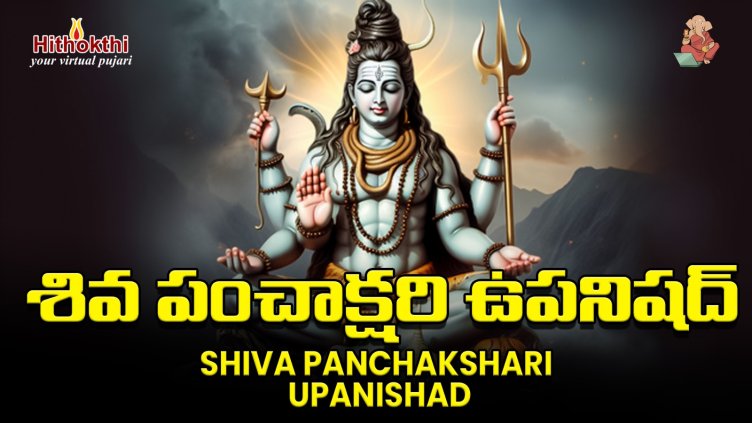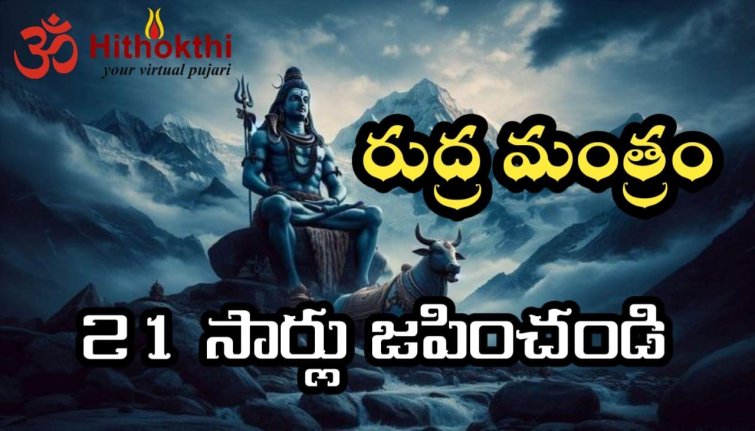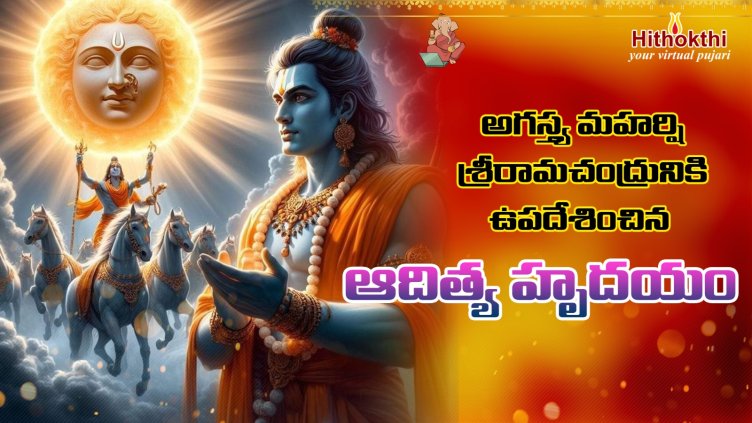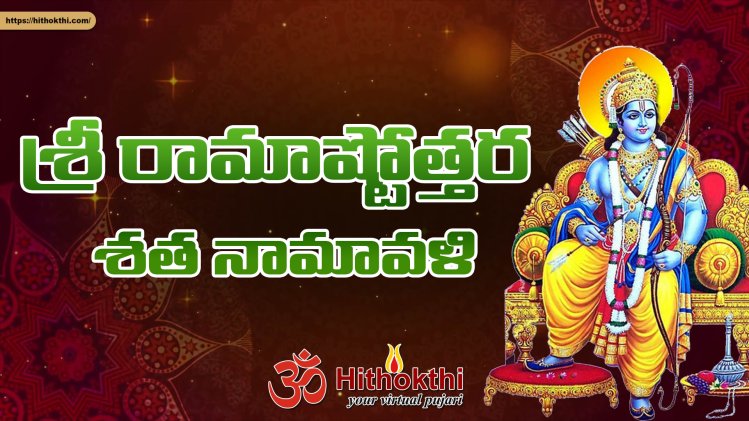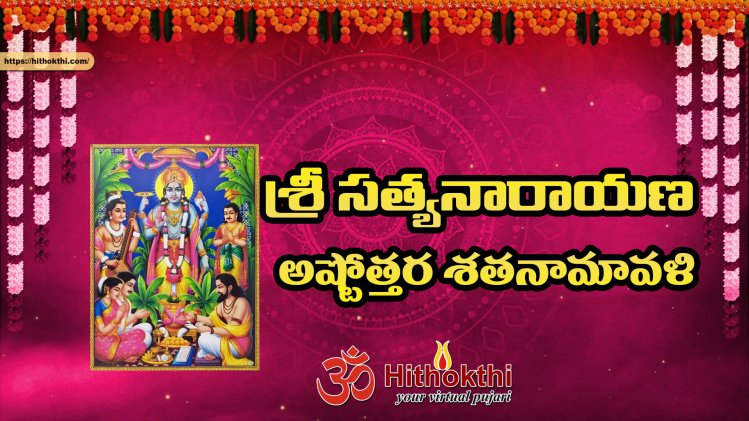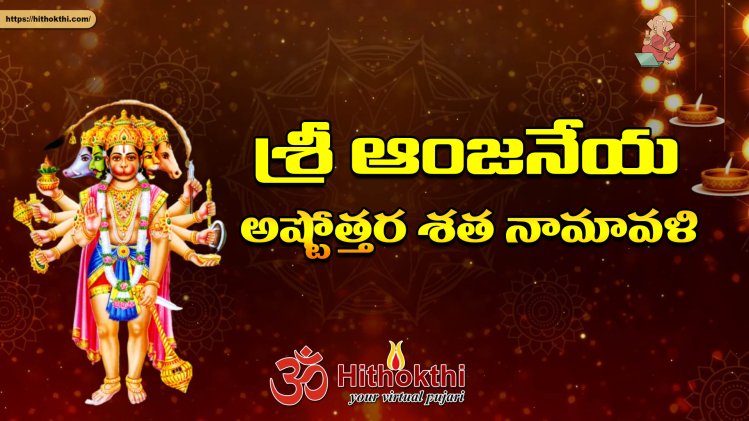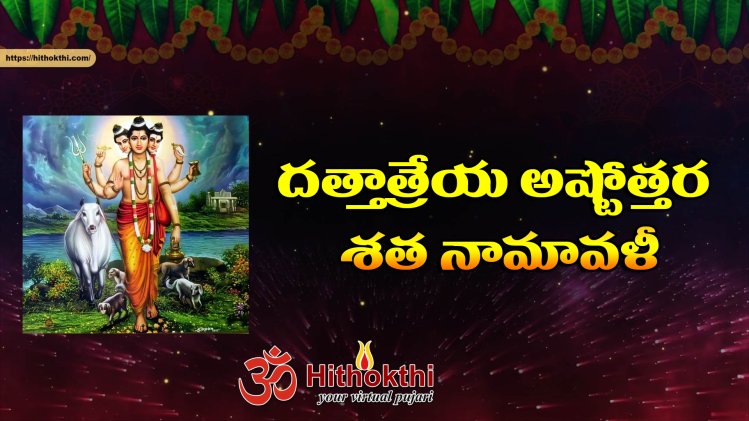Muruga and His Consorts

Chennai, July 2, 2013: The Tamil version of Skanda Purana is the Kanda Purana, the magnum opus of Kachiappa Sivachariar, who lived some 1,000 years ago in Kanchipuram. It is believed that the Muruga deity in the temple Kandakottam inspired him to write this work and personally authenticated it at every stage.
Worship of Muruga and his consorts, Valli and Deivanai, is popular among the people of south India. There are many legends surrounding the birth and life of Muruga, and of his consorts, pointed out Sri R. Viswanathan in a lecture.
According to the boon granted to the demon Soorapadman, no force except Lord Siva’s own powers, could kill him. Pride and power fuelled the demon’s atrocities that became unbearable. Indra propitiated Siva for assistance to alleviate the situation. As the time for the annihilation of the demon draws near, Siva decides to create a being out of his own prowess for this purpose. Muruga is born of the third eye of Siva.
Lord Vishnu visits Kailasa and is impressed by child Muruga. Legend has it that two tear drops emerging from Vishnu’s eyes got transformed into the celestial damsels, Amritavalli and Sundaravalli. Both of them desired to marry Muruga and they were born as Deivanai and Valli respectively.
Deivanai is adopted by Indra. After Muruga vanquishes Soorapadman and brings peace to the celestial beings and the universe, Indra is grateful to him and offers Deivanai in marriage. The wedding takes place in Tiruparunkundram, near Madurai, in the traditional manner according to Vedic rites.
Valli is adopted by a hunter’s family and grows up as a Muruga devotee. Muruga comes as a hunter to woo Valli when she guards the fields. He then comes in the guise of an old man and marries her after revealing his identity.
REPRESENT POWERS
The three fundamental forces that make the universe functional are Ichcha Sakti (power of the mind), Kriya Sakti (power of the senses) and Jnana Sakti (power of intellect), say the scriptures. Valli, Deivanai and Muruga represent these respectively.
Source: The Hindu, DT. July 2, 2013.

